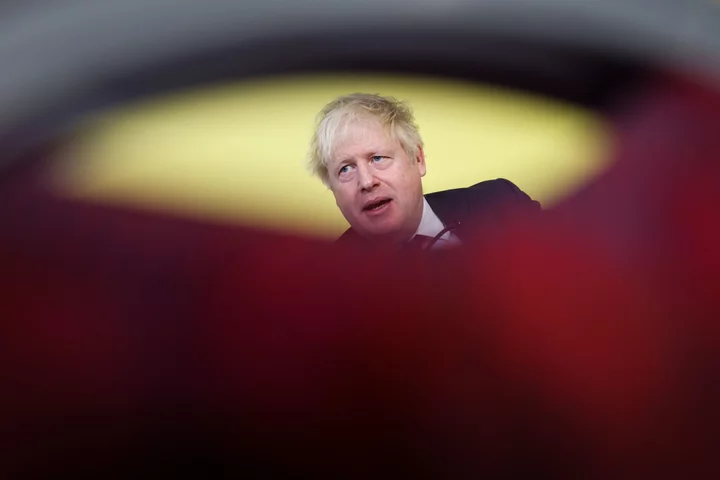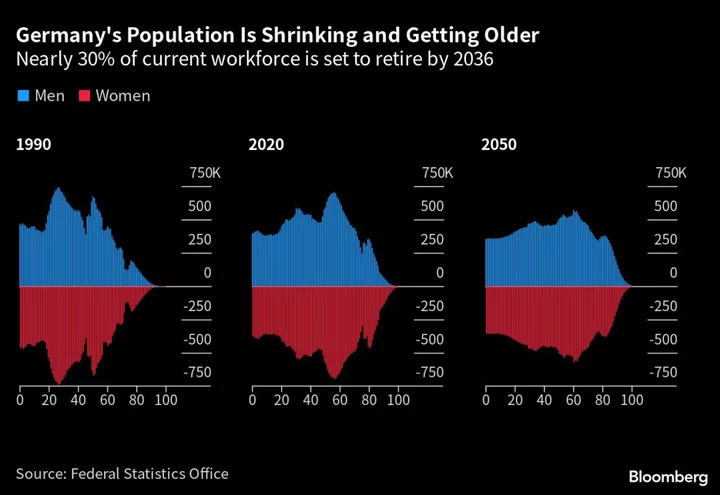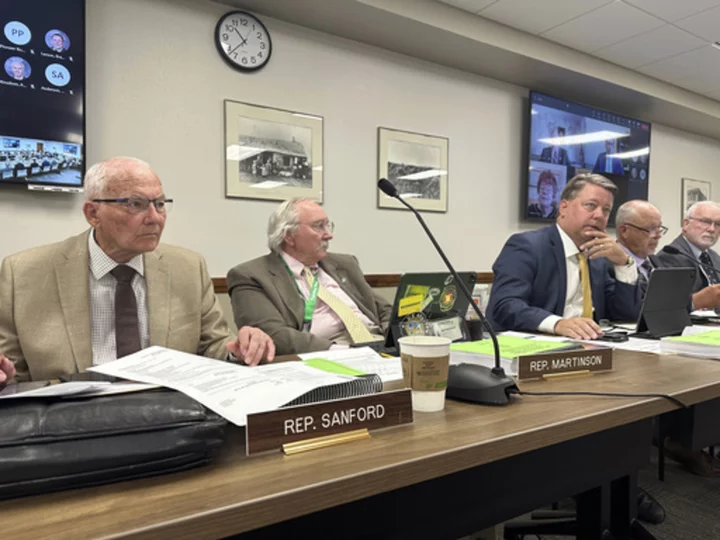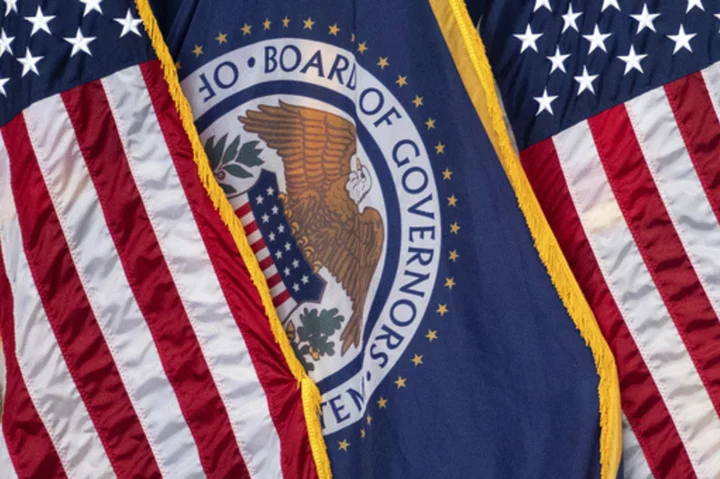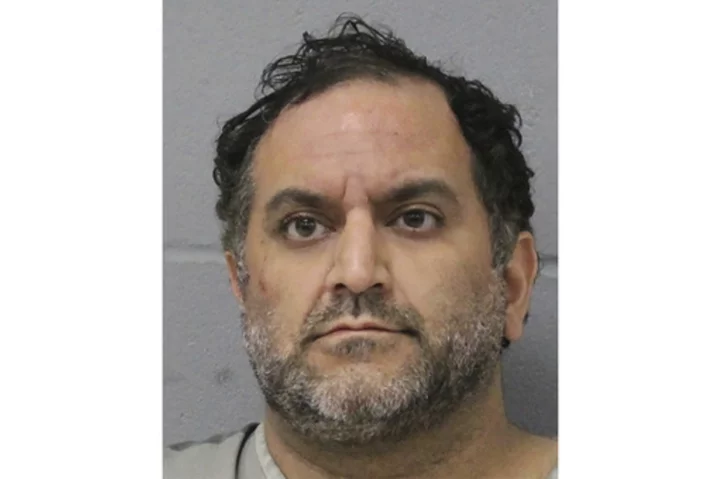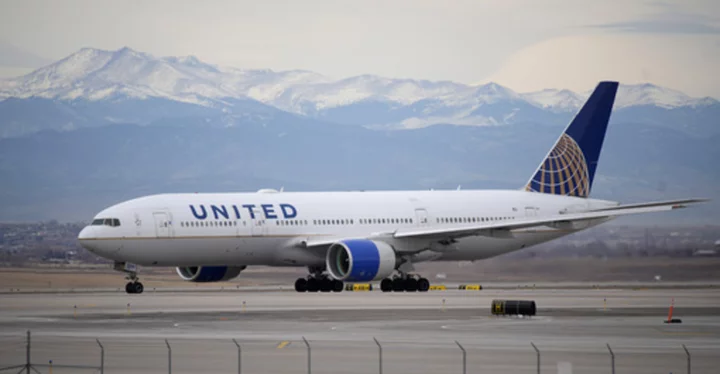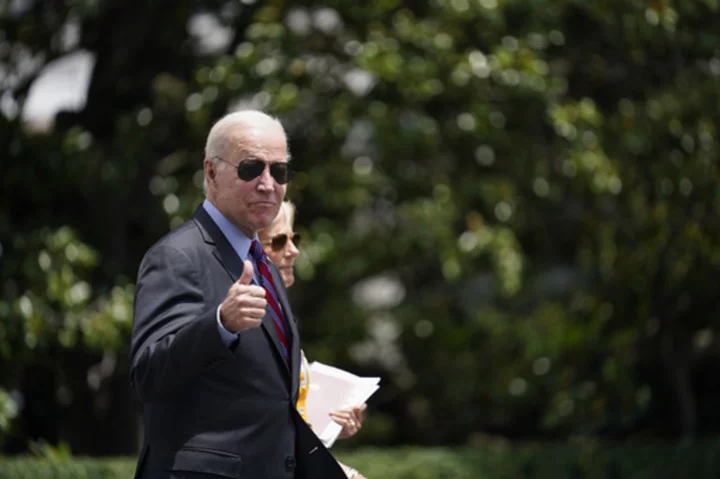Prime Minister Rishi Sunak faces a new electoral headache after Boris Johnson’s surprise resignation from Parliament triggered at least three by-elections that could expose softening support for the Conservative Party.
Johnson quit Friday night after receiving the finding of the Parliament’s Privileges Committee investigation into whether he misled lawmakers over his knowledge of Covid-19 rule breaches by officials. While the findings haven’t been made public, the former premier called the report a “political hit job” in a scathing resignation letter.
Sunak will have more than just Johnson’s seat to defend. Nadine Dorries, a key Johnson ally, also resigned Friday from her Mid Bedfordshire seat after she was denied a peerage in Johnson’s resignation honor list. On Saturday, Nigel Adams announced he was standing down as a member of UK parliament with immediate effect, triggering a third by-election.
The by-elections complicate Sunak’s hopes of further narrowing the gap with the opposition Labour Party ahead of a general election due by January 2025. Recent opinion polls have put Labour up by between 9 and 14 points, short of the more than 20-point lead in surveys taken in late 2022. Holding Johnson’s seat of Uxbridge and South Ruislip may prove a particular challenge as the Tories only held the Greater London constituency in 2019 with a relatively slim majority.
The Tories lost more than a thousand councilors in a set of local elections in May, with the traditional third party, the Liberal Democrats, making large gains in southern England. The Lib Dems have sprung three big victories over the Tories in special elections in recent years.
Johnson’s departure also reopens a feud that’s simmered since Sunak resigned in 2022 as Chancellor of the Exchequer in protest against Johnson’s leadership. That move precipitated Johnson’s departure as prime minister.
As Sunak returned from a two-day visit to Washington last week, Johnson questioned why the government had “so passively abandoned the prospect of a Free Trade Deal with the US.” He said ministers needed to cut business and personal taxes, and also asked why the government had “junked” measures to help people into home ownership.
In his resignation statement, Johnson called the committee a “kangaroo court” and pulled no punches in his diagnosis of the electoral ills of the Conservative Party.
“We must not be afraid to be a properly Conservative government,” Johnson said. “When I left office last year the government was only a handful of points behind in the polls. That gap has now massively widened. Our party needs urgently to recapture its sense of momentum and its belief in what this country can do.”
The Privileges panel was seeking to establish whether Johnson deliberately misled lawmakers when he repeatedly denied rule-breaking had occurred during a series of gatherings in Downing Street — collectively known as “Partygate” — during the coronavirus lockdowns of 2020 and 2021. He later apologized to the chamber after being fined for breaking the rules himself. Sunak was also fined.
The committee was likely going to recommend a 10-day suspension for Johnson, the BBC reported. That would have resulted in a recall petition among his constituents and a potential by-election, the BBC said.
Johnson claimed that his downfall was brought about by opponents of Brexit. He lobbed attacks in his statement at the Labour Party, as well as Sunak and Sue Gray, the civil servant whose investigation into Partygate also played a large role in his downfall.
“There is a witch hunt underway, to take revenge for Brexit and ultimately to reverse the 2016 referendum result,” said Johnson, a key architect of the winning “Leave” campaign.
While Johnson’s immediate political career is over, he hinted that he may attempt to return at some point. “It is very sad to be leaving parliament - at least for now,” he said.

